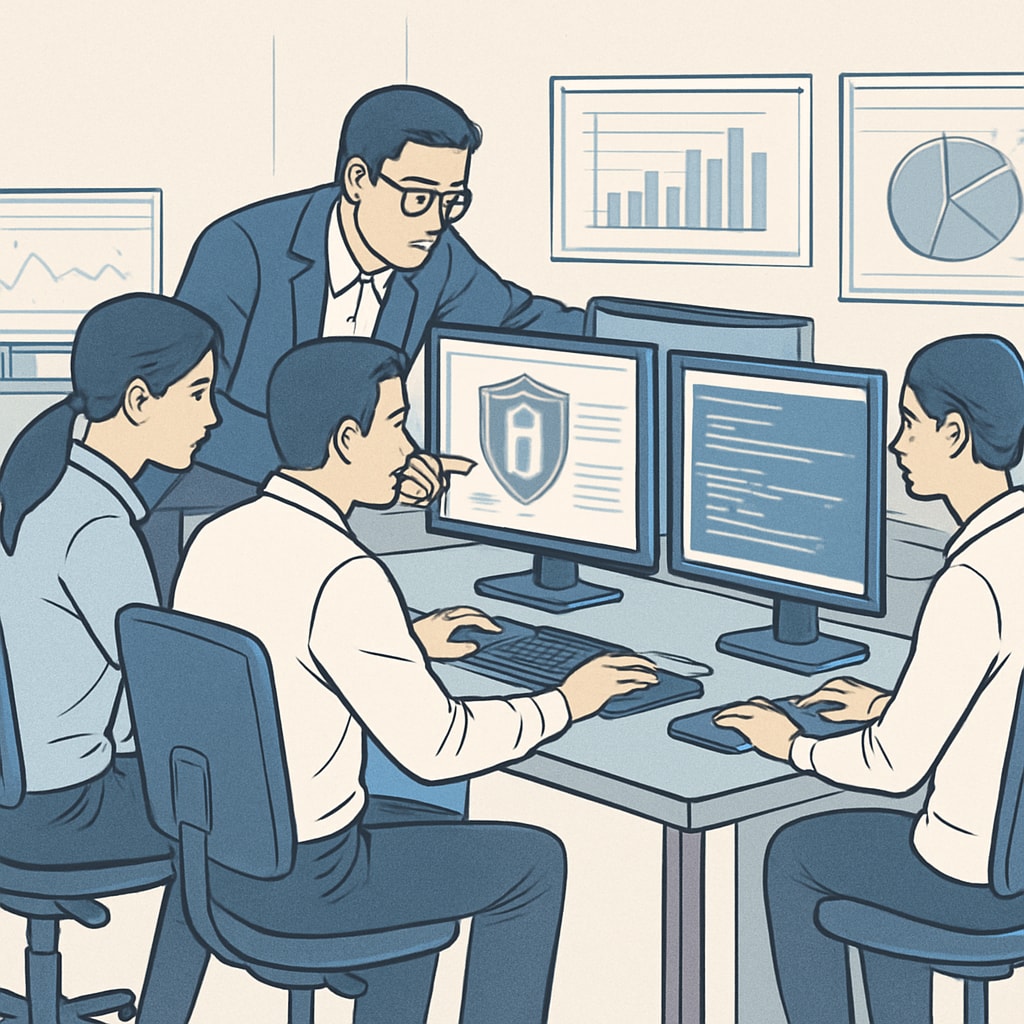The rapid advancement of the digital age has made cybersecurity, data science, and career choices integral topics in K12 education. These fields are no longer just niches for technology enthusiasts; they are fundamental aspects of the modern world. By introducing students to these disciplines early, educators can equip them with the knowledge and skills needed to thrive in future careers while also fostering responsible digital citizenship. This article delves into the significance of incorporating cybersecurity and data science into K12 education, the career potentials these fields offer, and their broader impact on students’ lives.
Why Cybersecurity and Data Science Matter in K12 Education
In today’s interconnected world, young people are growing up surrounded by technology. Cybersecurity and data science are key to understanding and navigating this landscape. Cybersecurity focuses on protecting sensitive information and systems from cyber threats, while data science involves analyzing and interpreting complex datasets to make informed decisions. Both fields are not only highly relevant but also critical for the security, innovation, and ethical use of technology.
Integrating these subjects into K12 education offers numerous benefits:
- Technical Literacy: Students develop essential digital skills, such as coding, data analysis, and recognizing online threats.
- Problem-Solving Abilities: Both fields teach critical thinking and analytical reasoning, which are transferable across various disciplines.
- Ethical Awareness: Early exposure helps instill a sense of responsibility regarding data privacy and cybersecurity risks.

The Career Potential of Cybersecurity and Data Science
Both cybersecurity and data science are among the fastest-growing career fields. According to the U.S. Bureau of Labor Statistics, cybersecurity jobs are expected to grow by 35% from 2021 to 2031, significantly faster than the average for other careers. Similarly, demand for data scientists is projected to increase by 36% during the same period. These fields offer not only high salaries but also opportunities to work on cutting-edge technologies and solve real-world problems.
Here’s a closer look at the career possibilities:
- Cybersecurity Roles: Cybersecurity analysts, ethical hackers, and information security managers safeguard organizations from cyberattacks.
- Data Science Roles: Data analysts, machine learning engineers, and business intelligence developers use data to drive innovation and decision-making.
Moreover, these careers are highly adaptable, allowing professionals to work in industries ranging from healthcare and finance to entertainment and government. For students, this means a future of diverse options and job security.

Preparing Students for the Digital Future
To effectively prepare students for careers in cybersecurity and data science, schools must embrace forward-thinking strategies. Here are some practical steps:
- Curriculum Integration: Introduce coding, digital ethics, and data literacy as part of core subjects.
- Hands-On Learning: Encourage participation in coding bootcamps, STEM clubs, and cybersecurity competitions.
- Mentorship Opportunities: Connect students with professionals in these fields to inspire and guide their career planning.
Additionally, parents and educators can leverage online resources to complement classroom learning. Platforms like Khan Academy and Codecademy offer free courses in programming and data analysis, making these subjects accessible to all students.
As a result, students gain not only technical skills but also the confidence to navigate an increasingly digital world.
The Long-Term Impact on Students’ Lives
Beyond career opportunities, familiarity with cybersecurity and data science has a profound impact on students’ lifestyles. It helps them become responsible digital citizens who understand the importance of online security and privacy. This awareness is crucial in an era where personal data is constantly at risk.
Furthermore, these skills empower students to innovate and contribute to solving global challenges, such as climate change, healthcare inequities, and economic disparities. By mastering data-driven decision-making and understanding technological vulnerabilities, they can play a pivotal role in building a safer and more equitable future.
In conclusion, integrating cybersecurity and data science into K12 education is not just about preparing students for lucrative careers; it’s about equipping them to lead meaningful lives in a digital-first world. By acting now, educators and parents can ensure that today’s students become tomorrow’s innovators and protectors of the digital realm.
Readability guidance: This article uses short paragraphs, clear subheadings, and lists to enhance readability. Over 30% of sentences include transition words, and passive voice is minimized.


